Public Health Authority
Dissatisfaction and anger at perceived overreaches by governors and public health officials in response to the COVID-19 pandemic has resulted in an onslaught of legislation to limit the authority of public health to act to protect communities. More than half of U.S. states have passed legislation that will undermine public health now and in the future. Public health agencies use their authority for more than preventing epidemics and the spread of disease, they serve many other critical functions, such as preventing injuries, testing children for lead exposure, promoting healthy behaviors, responding to disasters, advancing health equity and more. These enacted and proposed laws will certainly harm Americans and increase health inequities. The Network is working with partner organizations as part of the Act for Public Health initiative to provide resources, technical assistance, and training to help push back against attempts to block public health officials’ ability to do their job.

Resources
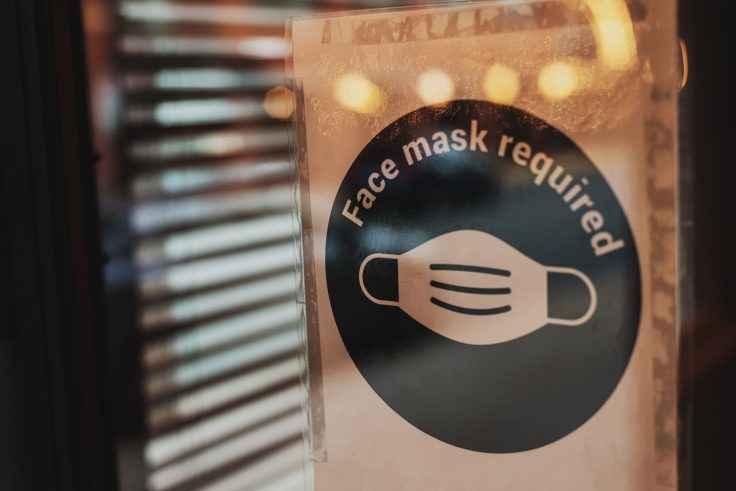
Ensuring Changes in Emergency Powers and Public Health Authority Will Protect Health

50 State Survey: Legal Protections for Public Health Officials

Legal Protections for Public Health Officials During the COVID-19 Pandemic

FAQ: COVID-19 and Health Data Privacy
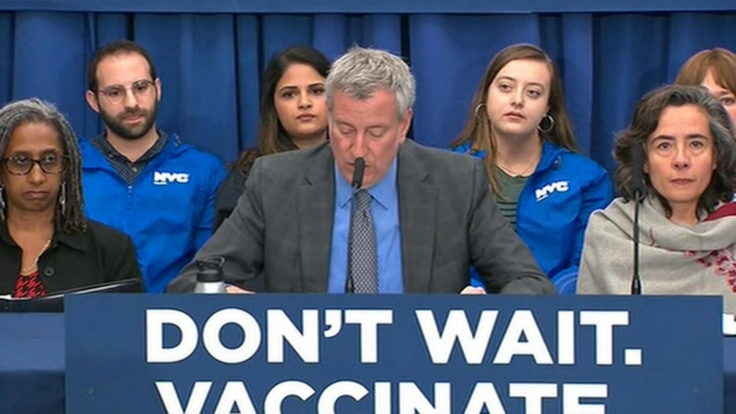
Measles Outbreak: Public Health Authority, New York City’s Immunization Mandate, and the Current Legislative Landscape
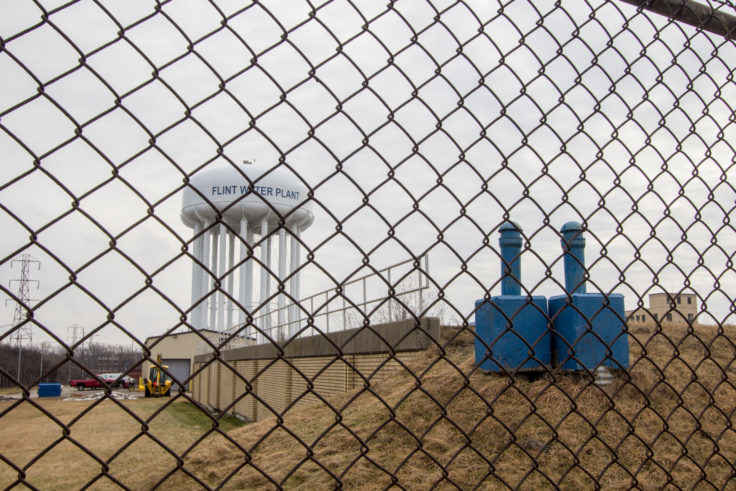
Learning from the Flint Water Crisis – Protecting the Public’s Health During a Financial Emergency
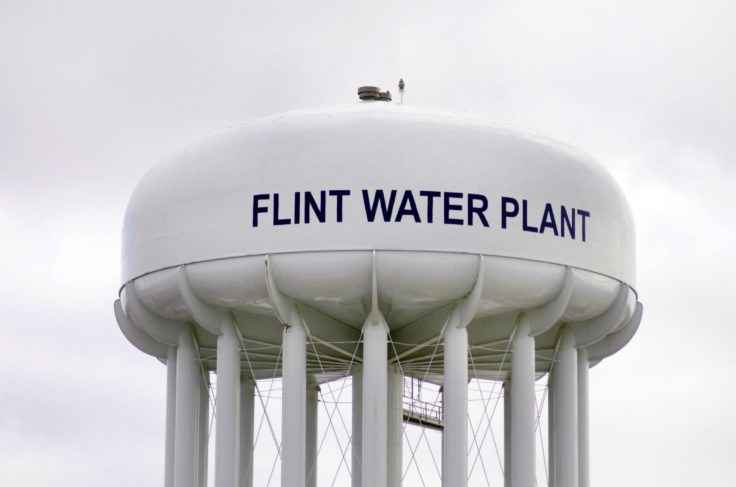
Public Health Handbook for Communities Under Emergency Management – A Case Study of the Flint Water Crisis
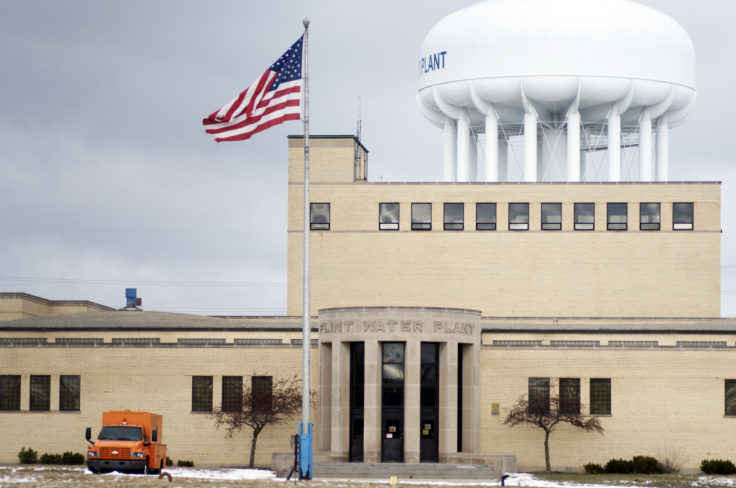
Emergency Manager Law Primer: Protecting the Public’s Health During Financial Emergencies – Lessons Learned from the Flint Water Crisis

Links to Additional Public Health Authority Resources
Spotlight

Federal Judge Temporarily Blocks Enforcement of New Administration’s DEI-Related Executive Orders
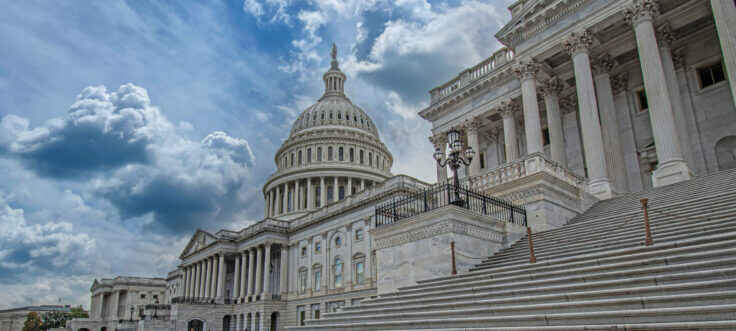
The State(s) of Public Health Advocacy: Turning to the States during a time of Federal Transition

Voting is Not Only Good for the Public’s Health but for Public Health, Too
Learn More
A Closer Look at Public Health Authority
Examples of specific laws that would limit public health authority:
- Prohibit requiring masks in any situation, including cases of active tuberculosis. In North Dakota, a new law would remove the authority of the state health office to require face masks or covering.
- Block the closure of businesses necessary to prevent the spread of disease, allowing for super spreader venues. In Kansas, a new law removes the Governor’s ability to close businesses during a public health emergency.
- Ban the use of quarantine. In Montana, a new law prohibits local board of health emergency orders from separating those individuals who are not yet ill, but reasonably believed to be infected or exposed. Prohibition of quarantine orders undermines the basis of infection control and would make it impossible to stop outbreaks of deadly diseases that are spread by individuals who are not yet symptomatic.
- Block state hospitals and universities from requiring vaccinations for employees and students in dormitories to protect state residents. In Arizona, a new law prohibits requirements that a person receive a vaccination, except in K-12 school settings and creates criminal penalties for violating the ban.
- Strip local governments, including local health agencies, of the ability to respond to local conditions in an emergency. In Texas, a proposed bill would preempt local emergency action to the extent that it is inconsistent with orders of the Governor or state health department.
- Set arbitrary time limit for emergency orders. In Florida, a new law provides for automatic expiration of local orders after seven days with a majority vote of the local governing body required for an extension, limits the total duration of local orders to 42 days, and prevents the issuance of a substantially similar order for the same emergency if a previous order has expired.
- Give unilateral power to legislatures to stop public health actions. In Ohio, a new law will allow the legislature alone to rescind any order or action by the state health department or director of health to control or spread the spread of contagious or infectious disease. The Governor, who vetoed the law, issued a statement saying that the law “strikes at the heart of local health departments’ ability to move quickly to protect the public from the most serious emergencies Ohio could face.” The Governor’s veto was overridden by the legislature and the law took effect June 23, 2021.
Explore Topics
Related Empowered Public Health System Resources
How we can help
Legal Research and Assistance
Experienced legal experts are available to answer questions and provide research, analysis and guidance. Let us know what you’re working on and together we can figure out how we can help.
Legal Assistance Library
Explore the Network’s Legal Assistance Library to find answers to commonly asked questions on a variety of public health topics.




